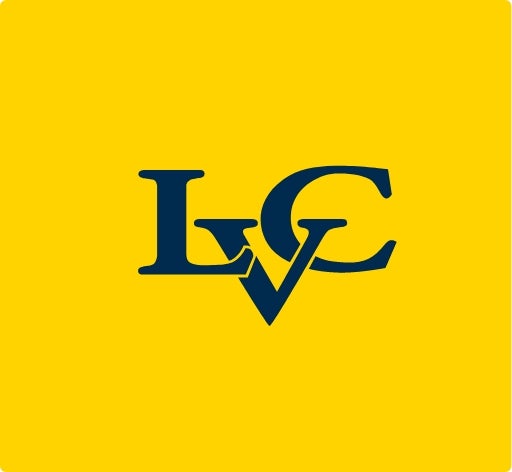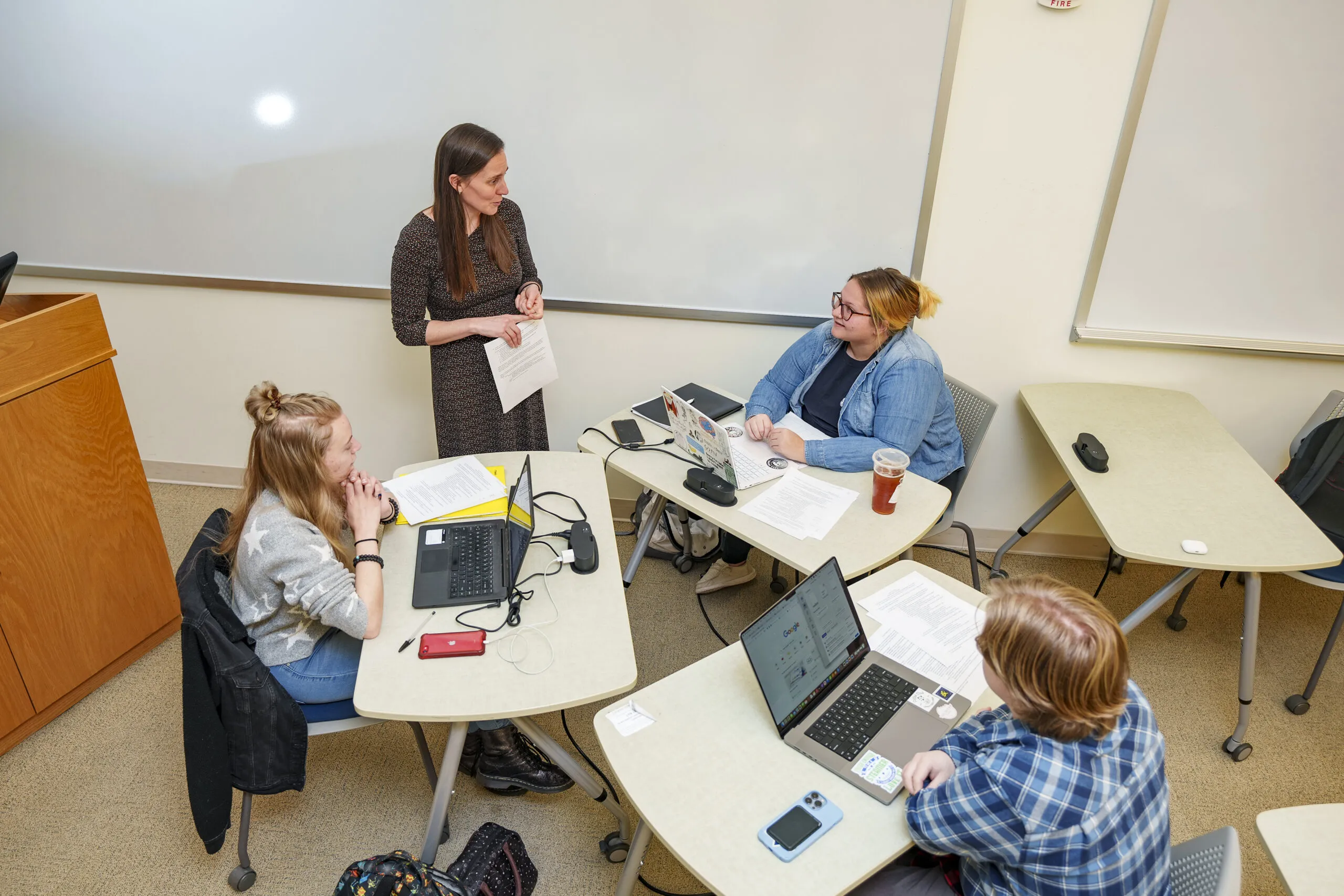
Graduate Programs Virtual Chat

Not Seeing the Program You Are Looking For?



Lebanon Valley College’s Master of Science in Clinical Mental Health Counseling program prepares you for roles in healthcare, private practice, or social services. With a 3.0 GPA in any bachelor’s degree, you can launch your counseling career—earning your degree in just two years full-time or in four years part-time. You’ll combine online and hybrid coursework with two in-person residencies, an internship, and clinical experiences.
Our program meets Pennsylvania’s Licensure for Professional Counselors and CACREP standards to give you a competitive edge upon graduation. Ask us about employer discounts and discounts for PA Commonwealth employees and dependents.
Next start date: August 24, 2026
Connect with your professors and classmates in online courses that combine live and recorded content. You will master topics such as grief, trauma, addiction, career, and child and adolescent counseling.
Get any graduate program syllabus upon request to see what’s in store.
Our clinical mental health counseling graduate program is designed to meet the educational requirements for licensure as a professional counselor in Pennsylvania. Additional requirements to obtain licensure are mandatory, including passing the state licensure exam and acquiring the requisite supervision hours. You should consult the Pennsylvania State Licensing Board to determine the requirements to become a Licensed Professional Counselor (LPC).
If you are interested in licensure outside Pennsylvania, contact the American Counseling Association or the National Board of Certified Counselors to access licensure requirements for other states. You are responsible for contacting the appropriate board for licensing and certification information.
Please consult Dr. Cynthia Vejar, CMHC Program Director, for additional information.
The Council for Accreditation and Counseling and Related Educational Programs (CACREP), a specialized accrediting body recognized by the Council for Higher Education Accreditation (CHEA), has granted accreditation to the Clinical Mental Health Counseling (M.S.) program at Lebanon Valley College.
Our courses prepare you for therapy positions in areas including:
Careers for substance abuse, behavioral disorders, and mental health counselors are expected to grow much faster than average, according to the Bureau of Labor Statistics. Our Breen Center for Career and Professional Development helps you take advantage of these open positions. You will have access to personal career advising, connecting you with alumni and employers.
LVC faculty are practicing clinicians in addiction, grief, couples and family therapy, and psychopathology. They help you explore job opportunities.
The M.S. in Clinical Mental Health Counseling program features an evidence-based curriculum and opportunities to get real-life experience through internships and a practicum. Local sites include:
The curriculum combines flexible learning modalities, including hybrid, online/asynchronous, and online/synchronous courses.
Our hybrid program is perfect for busy professionals balancing their education with other responsibilities. The benefits of each mental health counseling course type include:
Students can begin the program in the fall or spring following a course plan outlined by their program advisor.
If you take courses out of sequence, you have a maximum of seven years to complete the M.S. in Clinical Mental Health Counseling.

